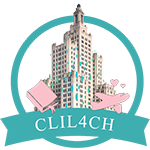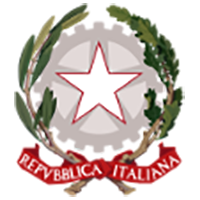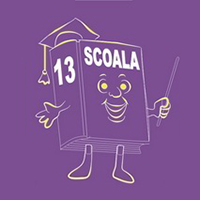The Europe 2020 Strategy has identified the priority eight Key competences for pupils’ lifelong learning: literacy, languages, STEM, digital competence, personal, social learning, civic engagement, entrepreneurship, and cultural awareness and expression. Having analyzed the results of numerous national and international tests (PISA), researches of the effects of students’ applied knowledge, it has become evident that students in Serbia, Romania, and Italy, upon finishing primary education, have besides underdeveloped functional, mathematical and scientific literacy, almost neglected artistic and cultural literacy competencies necessary for further education and daily life as well as low student motivation for learning and intellectual work.
Starting an international collaborative project with partner schools is an excellent, proactive and hands-on way for all of students to socialize and develop their European identity through getting to know and teach each other about their respective countries and their way of living, learning, history and especially culture – tangible, intangible and natural cultural heritage, develop 21st-century skills and simultaneously learn a foreign language.
To emphasize importance and broaden their knowledge about cultural heritage, they must take part in peer learning and intercultural education as well as in exchanges with other students and take a start at their lifelong learning process. At the same time, it will develop the students’ 21st-century skills – critical thinking, communication, collaboration, and creativity and develop their cultural values. Learning a foreign language, especially using it in real life and authentic context is vital to develop students’ communicative skills and intrinsic motivation for language learning. There is hardly a better way to accomplish that aim than to engage them in a collaborative task, i.e. project with other participants from different European countries.
The project is addressed to students aged 12-15 and teachers. Three short-term exchanges of groups of 5 pupils accompanied by 2 teachers, one in each country, are planned. It makes a total of 60 pupils and 24 teachers directly involved participants. Indirectly, all the teaching staff and students from the partner schools will participate in the project.
Some of the activities that will be carried out during three student short term exchanges are in all three participating countries: lectures, seminars, CLIL lessons, creating digital stories, guided trips, exhibitions, workshops to prepare the products (booklet, preparing for incoming eTwinning project photo gallery, leaflets, multimedia presentations, project website).





